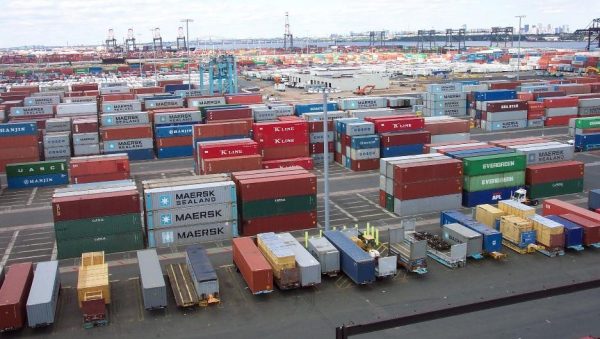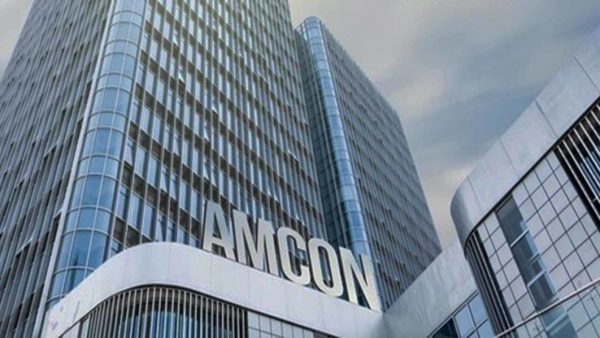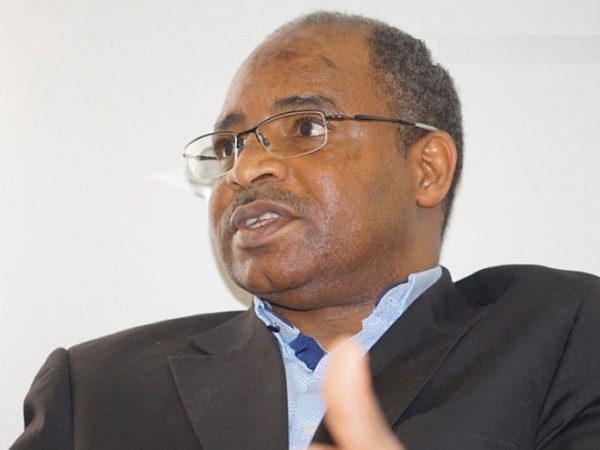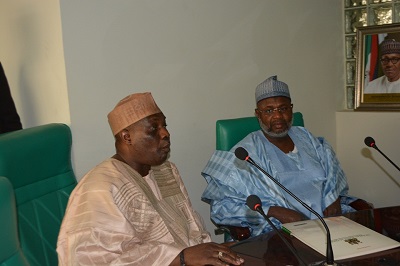Importers lose N2.8tr to irregular import procedures, infrastructure deficiency
 Importers and exporters have continued to count losses to the inefficiencies at Nigerian seaports, as the Shippers’ Association Lagos State (SALS), estimated that operators lost an average of N2.8 trillion to irregular import procedures last year.
Importers and exporters have continued to count losses to the inefficiencies at Nigerian seaports, as the Shippers’ Association Lagos State (SALS), estimated that operators lost an average of N2.8 trillion to irregular import procedures last year.
This is further compounded by inadequate infrastructure deficiency at the ports, and poor government policies. The President, SALS, Jonathan Nicol, in a statement to The Guardian appealed to the Federal Government to restructure the import policies, and called for the review of the ports concession agreement to contain relieves for cargo owners.
Nichol said: “The Customs External Tariff has not been favourable to our country. It is one of the reasons why the border was shut. The overall total of shippers’ losses, forceful duty payments, demurrages and storage charges from Shipping and Terminal Operators, traffic menace put together is over N2.8 trillion on an average. If you remove N1.2 trillion or Customs, the balance of N1.6 trillion is a drop of water into an ocean of endless debts.
“The Nigerian Shippers’ Council has been very proactive in the cause of cost reduction but couldn’t do much as practitioners flouted regulations and implementation of the rules.
“Therefore, our Judiciary should be restructured completely and place maritime cases as priority to political matters. It is from this sector the government gets money to fund politics. Politics is blind and soulless. Our maritime sector is becoming blind and soulless; help save our souls.
“Many goods will be abandoned for inability of Importers to clear their cargo because the cost of clearing is more than the value of goods.
“Major investors have left the scene to other countries because their investments cannot be protected. Other African countries are glad to accommodate our traders in their countries. They deliberately reduce their Customs duty and tariffs to encourage trade. Why can’t we do the same in Nigeria?” he said.
Nicol said lack of infrastructure is doing more harm to businesses at seaports.
“Maritime Infrastructures are not in place. Railway line is still under construction. Link roads leading to the ports in Lagos – Apapa and Tin Can Island Ports and even Onne Port in Port Harcourt are still under construction, making it difficult for trucks to access the port. The numbers of trucks on the road are more than what was recorded in 2019 by 7 per cent, but the roads were not upgraded.”
“Evacuation of empty containers out of our cities is still prevalent. Empty containers issues are now endemic, sapping container deposits from shippers in billions of naira.
Terminal operators constantly charge demurrages against shippers for inability of trucks to access the ports, which is no fault of the shippers or importers.
“This is already affecting industries tremendously. Some factories fail to receive raw materials, when needed, even though all charges were paid. Additional demurrages increased by 22 per cent on cargo. Some industries may shut down in 2021 if something is not done to correct the situation, quickly,” Nicol. He also decried the frequent slamming of surcharge on Nigerian bound cargoes by the shipping companies, due to the infrastructure challenges at the seaports.








